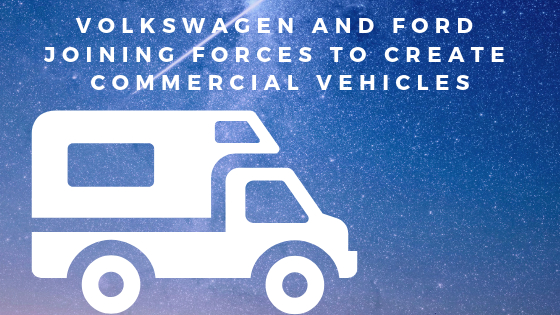While it’s certainly possible to build a food truck yourself, it’s better to find a shop that does conversions for you. This isn’t to say you aren’t capable; however, unless you have experience with installing electrical wiring, plumbing, appliances, and structural reinforcements, you’ll need a few professionals to help you along the way.
Despite how it may seem, there’s a lot that goes on when doing a food truck conversion. So if you do it completely on your own, don’t be surprised by plenty of headaches along the way. However, if you go the route of hiring professionals, the only real headache could be the costs. And let’s face it, though, a food truck is an investment either way.
So to get to the nitty-gritty, here are the things you’ll need to acquire in order to build a food truck in Dallas, Texas.
The boring stuff first: You’ll need to look into acquiring permits and licenses as stated by Texas law.
If you’re serious about becoming a food truck entrepreneur, you’ll absolutely have to get a few licenses and permits before you begin. You’ll need a Food Manager Identification license, Vending license, Food Manager’s license, and Food Handler’s license. In order to get any of these, you’ll have to attend a few licensing classes and pass the exams along with paying a few fees.
And beyond licenses relating to the food, you’ll also need to apply for a small business license and acquire an Employer ID card for taxes through a small business administration office.
Then finally, make sure you have a Class A license in order to drive your food truck.
Figure out the equipment needed, what truck you’ll be using, the design you’re going for, and the equipment layout.
Let’s be honest, you’re going to be building an entire kitchen within a vehicle, so you’ll need quite a few things to get started. First, figure out the food you want to make and sell. Then you’ll need to consider food preparation space, countertops, storage, refrigeration, grills, stoves, fryers, an exhaust hood, food warmers, and maybe even an oven.
However, beyond those things, you’ll need an electrical set up to power all of the appliances, reinforcements for the kitchen you’ll be building, window installations, plumbing, and non-flammable interior wall finishes. You’ll also need propane and generators to power the electrical grid and grills.
Be sure to speak with a professional for installation and inspection to make certain you’re following all of the fire safety guidelines.
Once you’ve figured out all of the equipment and space needed, you’ll have to choose the type of truck you want. The bigger the truck, the more space you’ll have, but the less agile it’ll be when driving around. And once you’ve picked out a truck, you’ll want to come up with an aesthetic to match the food branding you’re going for.
Remember, though, you’ll also have to take fuel consumption into consideration since you’ll be driving around.
With the equipment and truck figured out, you’ll then need to come up with a layout that maximizes the space in order to work comfortably and efficiently. This will be largely dependent on the truck and equipment.
And for the rest? Get it done. There are tons of safety guidelines when it comes to food truck conversions and installing equipment. Take your truck to a shop for the work to make certain it’s up to par with the standards.
When all is said and done
Make sure you get a health inspection of your vehicle. The worst thing that could happen would be for your stations to be unsanitary and potentially make customers sick. And if you don’t pass inspections, you won’t be allowed to sell food. Simple as that.
The Sprinter Center provides high-quality food truck conversions quickly and efficiently
The Sprinter Center has a team of highly trained professionals experienced in repairing, modifying, and converting Sprinter Vans and other large vehicles. We have stations designed specifically for larger vehicles and offer quick and efficient work like nowhere else in Dallas, TX.





